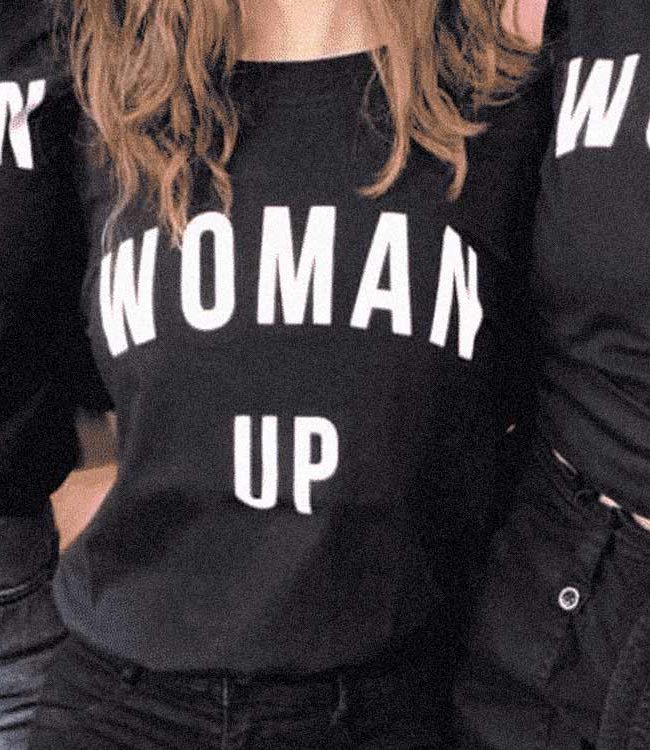Coming out as lesbian, gay or bisexual can be difficult, there’s no point pretending otherwise. However, many people have really positive experiences coming out and often regret not doing it sooner.
It’s really important, however, that you take the time to consider your own personal circumstances when making the decision to tell people close to you that you are lesbian, gay or bisexual. What may be right for one person, may not be right for you. Your safety and wellbeing should always come first.
Although the lesbian, gay, bisexual and trans communities have many things in common and frequently align themselves with one another, the experiences of exploring your gender identity and coming out as trans can be very different to being open about your sexuality.
If you are looking for tips on coming out as trans, why not check out this guide written by Lewis Hancox?
Top 11 tips for Coming Out as lesbian, gay or bisexual:
1. Don’t feel pressured.
Everyone should come out in their own time. You may feel under pressure to tell those close to you that you are lesbian, gay or bisexual before you are ready. Don’t. Coming out is about you and no one else. If you start to think about pleasing others you will lose sight of what is really important – your happiness. Focusing on yourself and what’s important to you will ultimately make those you’re close to happier as well.
2. Don’t label yourself if you don’t want to.
Although you may feel ready to come out, you may not feel you fit any particular ‘label’. Using terms like lesbian, gay and bisexual is absolutely fine, but never feel forced to identify as anything. Listen to your feelings and go with them! If a label helps you and feels right then great. If it doesn’t then don’t worry.
3. You don’t have to choose between your faith and your sexuality.
Most religions have groups for their lesbian, gay and bisexual followers. Go online to find a group near you. Having faith and being gay are not mutually exclusive!
4. Read how other people came out.
RUComingOut has over 300 real-life coming out stories as well as interviews from celebrities. Most people who come out go through the same anxieties and they experience very similar fears. Hearing how things turned out for others who were
5. Tell one person.
When you are ready to come out (you will know when the time feels right) – don’t think you have to tell everyone straight away – it’s not a race! Choose one person who you trust more than anyone else – a friend, sibling, parent/guardian or teacher.
As soon as you’ve opened up to the first person things will seem a thousand times easier and clearer for you. It’s an age-old saying but talking really does help. You’ll also have someone you can talk to and ask advice from when coming out to others.
[full-width-figure image=”https://dtl-staging.org/2020/wp-content/uploads/2017/05/girls.jpg”]
6. Forget the stereotypes.
When gay people first started to appear on TV and in the media, the stereotypes that were common were those of effeminate camp men and butch women. Some people still think that every gay man and woman have to fit that stereotype.
Others may feel that the stereotypes have flipped and gay men should be muscular and have beards while lesbians should have long blonde hair and wear lots of makeup!
The truth is, stereotypes suck and we all know they do. Being lesbian, gay or bi does not have to define you. If you’re camp, great. If you’re butch, fantastic. If you like going to the gym, good on you. If you prefer a good film to a good run, amazing.
Growing up (and discovering your sexuality) is all about finding out who you are, what you like and how you want to be and it’s an exciting time!
7. You’ll be protected at school, college and university.
Every school, college, uni and even workplace has a legal obligation to ensure that every one of its students or employees is treated fairly and offered the same opportunities. Many schools realise the importance of making sure their staff are trained to tackle homophobia when they see it.
Lots of schools even have their own LGBTQ student groups where students can meet and make friends. You should never feel pressured to join a group like this, but you may find that you meet loads of other people who have been, or are going through, similar experiences as you.
8. Think about the positives.
It is very easy to let the anxieties and fears around coming out completely take over the experience. But remember, coming out is one of the most amazing things you will ever do. You will finally be able to be your whole self and it WILL change your life.
Those butterflies you feel in your stomach – see them as excitement rather than nerves!
Here are some lessons you may find useful that Max Hovey learnt from coming out.
9. Some people do have negative experiences.
There’s no point denying it. That’s why it’s important that if you decide the time is right for you to come out, make sure you have a safety net if things don’t go to plan. There is support available if you find yourself feeling lost or alone.
10. Give people time.
You may have had years to get to a place where you are comfortable with being lesbian, gay or bisexual. Just think though, those people who you will be telling will have a split second to give you a reaction. Give them a chance to digest the news. It may come as a complete surprise. Surprise and shock doesn’t mean disapproval from them.
They may have questions, so pre-empt what these could be and be prepared to support them too. They may need your support as much as you need theirs!
11. Start living!
You will be amazed at how free you will feel once you have come out. Obviously, the experience is different for everyone and at times it may not go as well as you’d like.
Just remember that you are doing the right thing, you are allowing yourself to be who you were always meant to be and this means you can start living YOUR life! Remember to create that safety net around you though, just in case things don’t go exactly to plan.
Can we guess where you are on the gender scale? Take the quiz >>
Wayne Dhesi is a youth manager at UK-based LGBT charity, Stonewall. To find out more about his work follow him on Twitter.
Sorry, the comment form is closed at this time.














Pingback: Do We Still Need National Coming Out Day?
Pingback: 5 Common Reasons People Run Away From Home - Ditch the Label
Pingback: The Missing Voice During Orlando Aftermath – What The Flem
Kaylin
Thank you
Avatar Kyoshi
Ein bisschen bi schadet nie. 😉
Pingback: Open Minds Open Closets | DigiWidgy.com
Pingback: Love is a rainbow - What to keep in mind before coming out